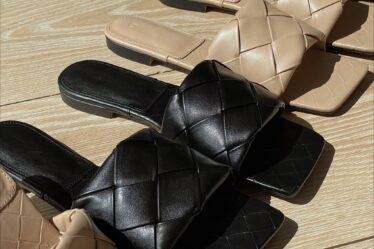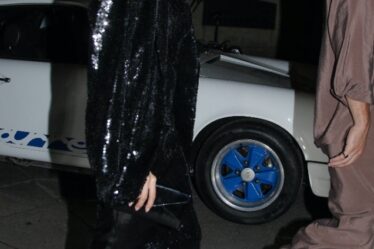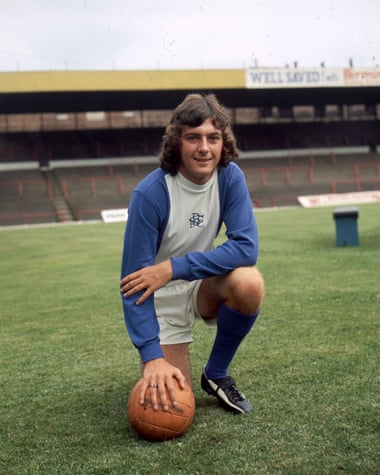
Birmingham is relishing hosting the Commonwealth Games. It offers the city a chance to be in the spotlight for something positive, rather than being called “godawful” by an MP or having its accent voted the worst in the UK. As a city, Brum is ready to show off its personality and culture, as well as the ability to host a big party (the opening ceremony). If you have overlooked or dismissed the second city before, it is time to think again. Here are 20 reasons to change your mind.
We really love sport
Brummies have a passion for sport. Birmingham City versus Aston Villa is one of the most intense rivalries in the country, but for the most part the fans know where to draw the line. The rivalry is a world away from the religious intolerance of Glasgow or the tired banter of Manchester. Jonathan Liew called it right when he said: “The second city derby is one perhaps best characterised by a glorious, gleeful pettiness.”
We were the first place to have a football phone-in on the radio and, in Villa’s 19th-century chairman William McGregor, were home to one of the founders of the Football League (forcing fans to learn to care about every match, even those wet Wednesdays in Walsall).
We also have a claim to have invented modern tennis. Oh, and the 70s poster of the girl scratching her bum? Taken in Brum.
Peaky Blinders
Before Peaky Blinders became a worldwide phenomenon, Birmingham wasn’t well regarded as a home of TV. We had Pebble Mill at One, the little children’s car Brum and the wobbly sets of Crossroads. ATV, now ITV Central, was based here, but didn’t make many programmes set in the city. Until Cillian Murphy’s cheekbones and razor blades cut through, the people of Birmingham would joke about erecting a statue of Michael Elphick on a motorbike; it would be a huge Boon for the area, they said. Stephen Knight’s period gangster drama has changed all that. It has made Birmingham (along with short back and sides haircuts and flat caps) famous and even – whisper it – trendy.
The No 11 bus
Birmingham doesn’t have the cultural romance of the train or the solidarity of the Underground experience. More than 80% of public transport journeys in the city are by bus, so a shared bus route has become part of our identity. The No 11 outer circle route is the longest bus route in the country and connects almost all of Birmingham’s outer suburbs. We are obsessed with all 26 miles and 280 stops.
While Duran Duran claim they wrote Hungry Like the Wolf in EMI’s studios in London, word has it that the true location was the No 11 bus. They can’t have made a full circuit, though – there is no way those lyrics took two and a half hours to write.
Pre-Raphaelites
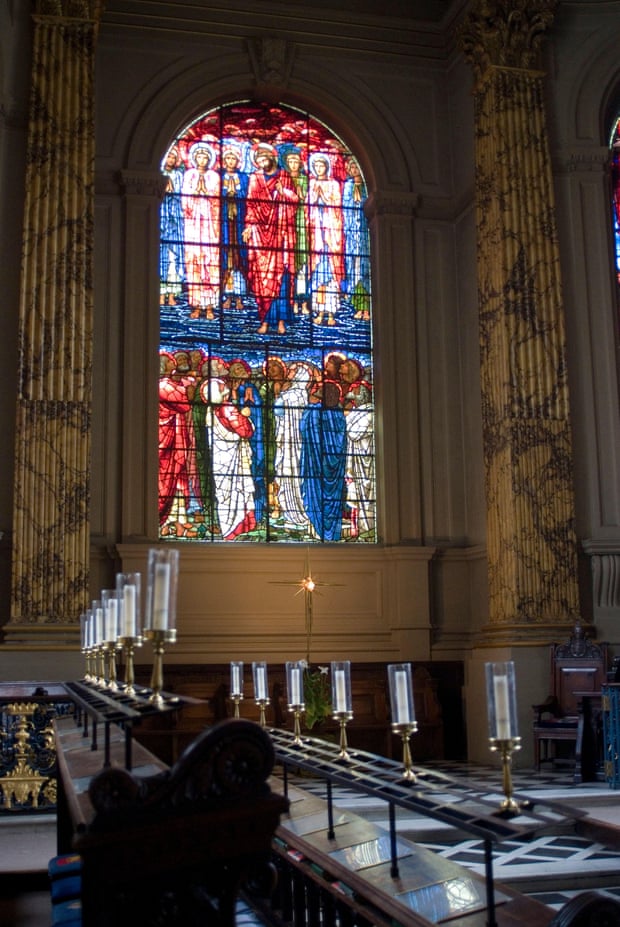
Birmingham Museum and Art Gallery has the largest public pre-Raphaelite collection in the world, with more than 2,000 works. Such a romantic style might seem at odds with the image of the city, but Edward Burne-Jones was born in Brum and the city loves him back. St Philip’s Cathedral and St Martin in the Bull Ring both feature stained glass by him.
Tiswas
It is a “Do you remember things?” programme cliche to say that Tiswas, produced by ATV, was a kids’ programme watched by adults, but it is true. Nothing before or since has matched the anarchy and sensory overload in young brains and no children’s programme has felt so much like a programme for grownups. It didn’t need to throw in “jokes for the parents” in the manner of modern cartoons; it just felt like a family experience. When Chris Tarrant and the others tried an adult version, it flopped, which just proves that kids have the best TV.
Musical diversity
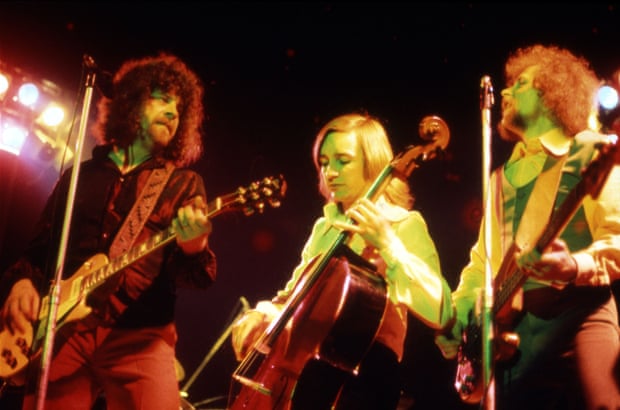
In the early viral period (after email chains of Tommy Cooper jokes and before TikTok sea shanties on the six o’clock news), there was a “You know you’re a Brummie when …” list going around. One of the entries hit the spot. It was: “You don’t think there’s anything odd in your three favourite bands being ELO, UB40 and Black Sabbath.” The people of Birmingham prize loyalty above liking similar kinds of music, giving us an eclectic taste enabled by the dogma that there is no point going anywhere else.
It gave the world a nice cup of tea
The science behind the modern electric kettle – and a decent cuppa – comes from Brum. Arthur Large created an immersed heating element and the boffins at Bullpit & Sons added a cutoff valve. Without Birmingham, whistles would fill the air, the water would never be at the right temperature and every mug would be a bag floating in a tepid mess. Just ask an American.
The call centre
The next time you have an argument with someone from your mobile provider, thank the city of Birmingham. Without it, you would have had to walk into an office to do it.
In 1965, the Birmingham Post and Mail installed the GEC PABX 4 automatic call distributor, which made it the earliest example of a call centre in the UK. Birmingham invented hold music, pressing “2” to speak to the billing department, recording calls for training purposes. Very few are based here now, as people don’t like the accent. So, any problems you have today are not our fault.
Spaghetti Junction
The artist Bill Drummond says that “Spaghetti Junction is the entrance to the underworld” – and he is being polite. It is certainly not universally loved by travellers, but it is a serious feat of engineering: the meeting point of two motorways, two rivers, three canals, a train line and any number of A roads.
Billions of people have been on Spaghetti Junction since it opened on 24 May 1972. About 200,000 cars travel on it each day, with some of these finding the right exit. Birmingham doesn’t have many nationally known landmarks, so it is loved here as much as it is hated. When it opened, coach operators offered sightseeing tours for 65p.
Comedy genius
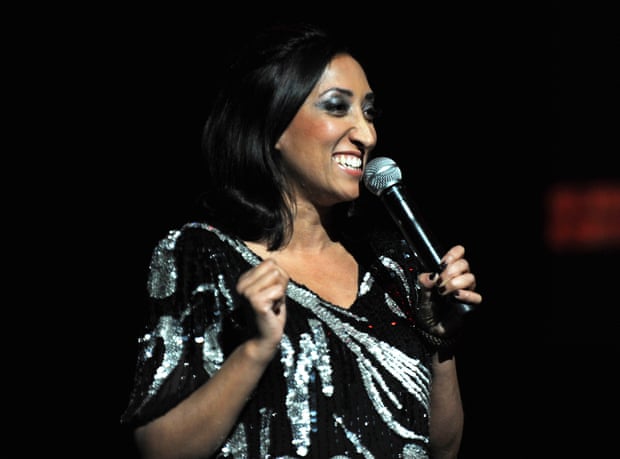
They laugh when people from Birmingham say they want to become comedians, after first laughing at the way they said it and repeating it back to them in an exaggerated accent. But Brum has a comedy pedigree to match anywhere. Modern giants such as Joe Lycett, the Esther Rantzen of laughs, are standing on the shoulders of Shazia Mirza, Tony Hancock and Sid Field.
Charlie Hall was born in Birmingham in 1899 and trained as a carpenter before finding his way to Hollywood. Working as a stagehand, he became friendly with a young Stan Laurel and eventually appeared in more than 40 movies with Laurel and Oliver Hardy. In 1927’s The Battle of the Century, Laurel and Hardy are caught in the middle of a gigantic custard-pie fight. Who throws the first pie? Hall. A Wetherspoons in his home district of Erdington is a fitting tribute.
The Lunar Society
Birmingham lays claim to all sorts of things; it has a bit of an inferiority complex in that way. Shakespeare is the oddest claim: there are many pubs named after him and you will hear from Brummies that some of the bard’s rhymes only work in the accent.
For a time, Birmingham was the centre of innovation – and the people responsible were the members of the Lunar Society, including James Watt, whose steam engine was fundamental to the Industrial Revolution. In the late 18th and early 19th centuries, the society met and collaborated on some of the most important inventions of the age.
Christmas wouldn’t be the same without us
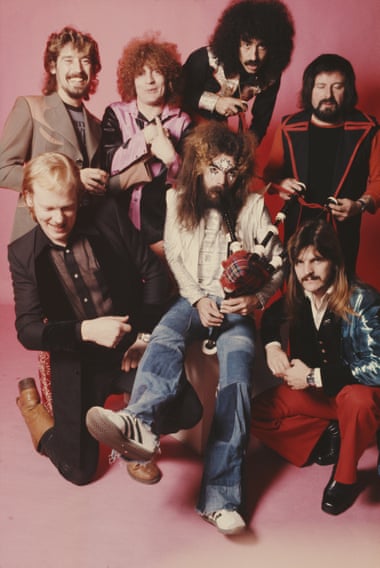
Local bands Slade and Wizzard are mainstays of any British Christmas celebration. Their songs speak to the togetherness people crave in the dark winter months. Yet Birmingham is the place where the council was said to have “cancelled Christmas”. That isn’t true, of course; in fact, we helped Christmas become what it is today.
Many of our notions of modern Christmas come from Charles Dickens, who toured the country reading A Christmas Carol. It helped turn the feast day into the jolly, family-oriented affair we have today. The first reading was at Birmingham town hall, so Birmingham is Christmas’s Bethlehem – and Roy Wood wants you to remember that every day.
Brutalist architecture
Prince Charles hated the 70s-built Birmingham Central library; he said it looked like a place where books would be burned, not kept. Eventually, he got his way and it was demolished, but Birmingham still has many brilliantly brutiful buildings. The most striking is the New Street signal box, five storeys of concertinaed concrete, which sits in the middle of the redevelopment of the city centre. Thankfully, it is listed.
We prioritise driving safely
Back when Top Gear was a motoring programme and featured Angela Rippon, rather than lads crashing into things, it was made by BBC Birmingham. Birmingham is the home of the sensible driver. It was the first place to paint a white line down the centre of the road, it pioneered one-way streets and, in 1910, the Brummie engineer Oliver Lucas invented the car horn. Get out of our way, we’re coming through, slowly.
The Electric Cinema
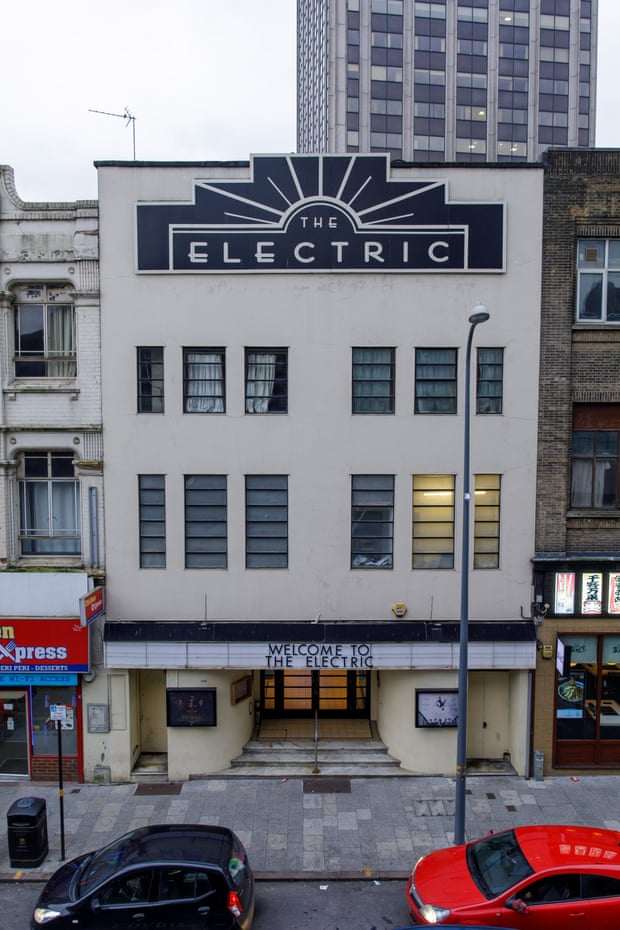
The Electric Cinema, just behind New Street station, is the oldest working picturehouse in the country. It opened in 1909 and is still going as an independent concern. This is appropriate, because without Birmingham there would have been no movie industry. Movies are made of film, which is made of celluloid. This was created, as Parkesine, in Brum in 1862 by Alexander Parkes.
Potato scallops
In Birmingham, you buy a scallop that has never seen the sea with your chips. Birmingham scallops are large slices of potato, covered in batter and deep-fried. If you think that more fried potato isn’t the ideal side to a portion of fried potato, you are wrong. Try it.
The Ikon gallery
Birmingham is brimming with good modern art and the Ikon gallery has had a huge influence. In 1965, it took up residence in an octagonal, glass-walled kiosk in Birmingham’s new Bull Ring area, before moving into a renovated building in Brindleyplace. There is lots of good street art and there are many small, interesting art spaces, but always go to the Ikon gallery and check out the singing lift.
It is very green
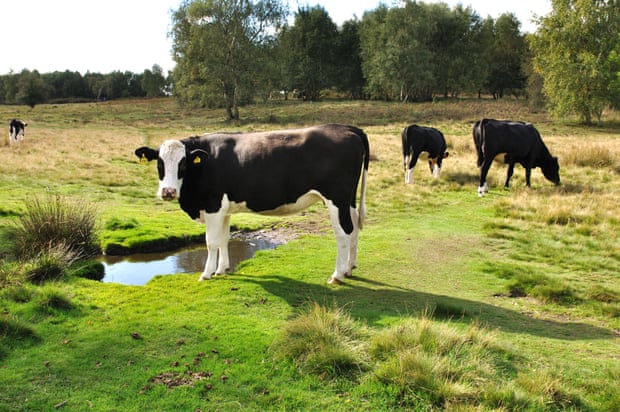
For a city packing more than 1 million people into a fairly small space, Birmingham is green. Sutton Park, Cannon Hill Park, Highbury Park (home to Highbury Hall, rumoured to be the inspiration for the Cluedo mansion), Aston Park and Handsworth Park are all great open spaces. The private Moseley Park is tucked behind a row of shops and is intensely beautiful. To appreciate just how green the city is, take a few steps outside it and climb a hill; the Lickey Hills will do, as will Barr Beacon. You will feel at one not just with the town, but also the countryside.
Our eternal optimism
Like an obscure Tory backbencher, Birmingham can’t help throwing its hat into the ring for anything going. In 1992, it bid for the Olympics – and within the city there was a real feeling that it might just do it. Without backing from the central government, and with Margaret Thatcher’s anti-sanction stance on South Africa not winning friends internationally, it was no surprise that Barcelona was chosen. Unbowed, Birmingham kept bidding: for the 1996 Olympics (beaten at the first hurdle), for the European Capital of Culture in 2008 (lost to Liverpool), for the UK Capital of Culture in 2013 (Derry won), for Channel 4’s headquarters (lost to Leeds).
Birmingham’s last day in the sun was in 1998, when we held the G8 summit a few days before hosting the Eurovision song contest. On TV, Terry Wogan’s intro was accompanied by a tracking shot of a well-scrubbed city fading from old canal footage; Wogan complained that he had been forced to vacate his hotel room to make way for Bill Clinton.
After almost missing the bidding deadline for the Commonwealth Games, Birmingham is ecstatic – and we have just announced we fancy having Eurovision again.
The balti triangle
Every article about Birmingham must mention the balti triangle, between Ladypool Road, Stoney Lane and Stratford Road in south Birmingham. It is so named because this is where so many of the city’s curries disappear. There is a reason everyone mentions it: it is great.
Every local you speak to will have a balti house they claim is the best. Part of that won’t be the food, but the atmosphere they create, whether that is by giant, table-sized naan breads (which have gone out of fashion a bit) or the chatter between tables. The balti, mixed together in a pan and absolutely delicious, is a perfect metaphor for Birmingham.
Birmingham: It’s Not Shit by Jon Bounds, Jon Hickman and Danny Smith is out now

